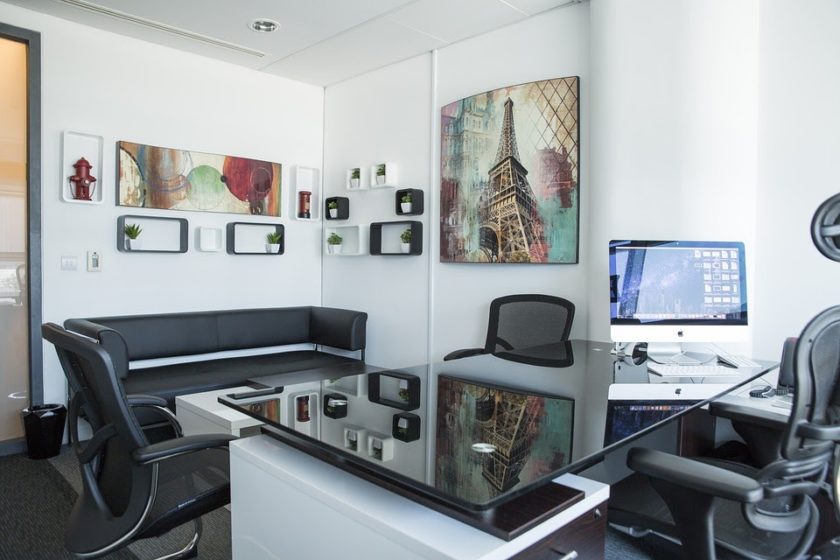
Features to Consider When Looking for a Serviced Office
Serviced offices are becoming an increasingly popular choice for businesses. They offer flexible terms, broadband speeds, and equipment that the owners can customize to suit your needs. Nowadays, there are a lot of free fax and scanner services that you can access online. Deciding which options you need can be hard, so it’s best to start by thinking about what your business will require from your serviced office both now and in the future.
1) How much privacy do you need?
Not all companies require complete and utter privacy when working; some might even find it more beneficial to have an open-plan office where they can easily interact with their fellow employees. If such a case applies to your business, you’ll want to avoid offices with private offices as these are likely to be more expensive.
2) What kind of event space do you require?
Being able to hold meetings in your serviced office is another consideration, as it will save you having to rent an additional room each time one takes place. If your business regularly hosts networking or training events, check whether any serviced offices on offer have suitable rooms for hosting presentations, discussions, and seminars. However, not all providers will offer spaces like this. Also, consider if there are breakout areas within the building, making it easier for attendees to network after an event has finished.
3) What support will you receive with day-to-day operations?
If you’re new to the serviced office world, you must understand what level of support your provider can offer your business when running daily activities. For instance, the serviced office Raffles Place, offers everything from receiving help, designing and marketing materials, hosting client meetings, managing IT services, and even recruitment services. Think about the areas where your business would benefit most from improved efficiency or additional guidance, then match types of service accordingly.
Further, when you have someone to answer your business calls 24/7, it means that potential customers will not wait for several hours if they call your business outside of opening hours. That also gives the impression that your company is large enough to offer round-the-clock services should it ever come up in conversation with a client or supplier.
4) Ongoing costs
Paying monthly rather than on a one-off basis means that you know exactly how much you can expect to spend each month. In that way, the costs of additional equipment or services required (such as stationery) can be factored into your budget without worrying about hidden fees. It’s also worth considering whether there are extra charges for common items such as photocopying; if they’re not included in your contract, then check with your office provider what these charges will be before signing anything.

5) Office location and size
Understandably, some people get tempted into opting for a larger space than you require to avoid future rent increases, but this may not always be necessary or cost-efficient. You’ll want to consider where your business is at present and what it will look like in five years, as well as how big it needs to grow over this period. A good idea might be to reduce your square footage when your company hits its growth target; there’s no point paying for more space than you need. If you do find that you need more room later on, then choose an office with extra flexible space which you can take on when the time comes. Buying additional equipment or furniture to make the most of your space is also recommended.